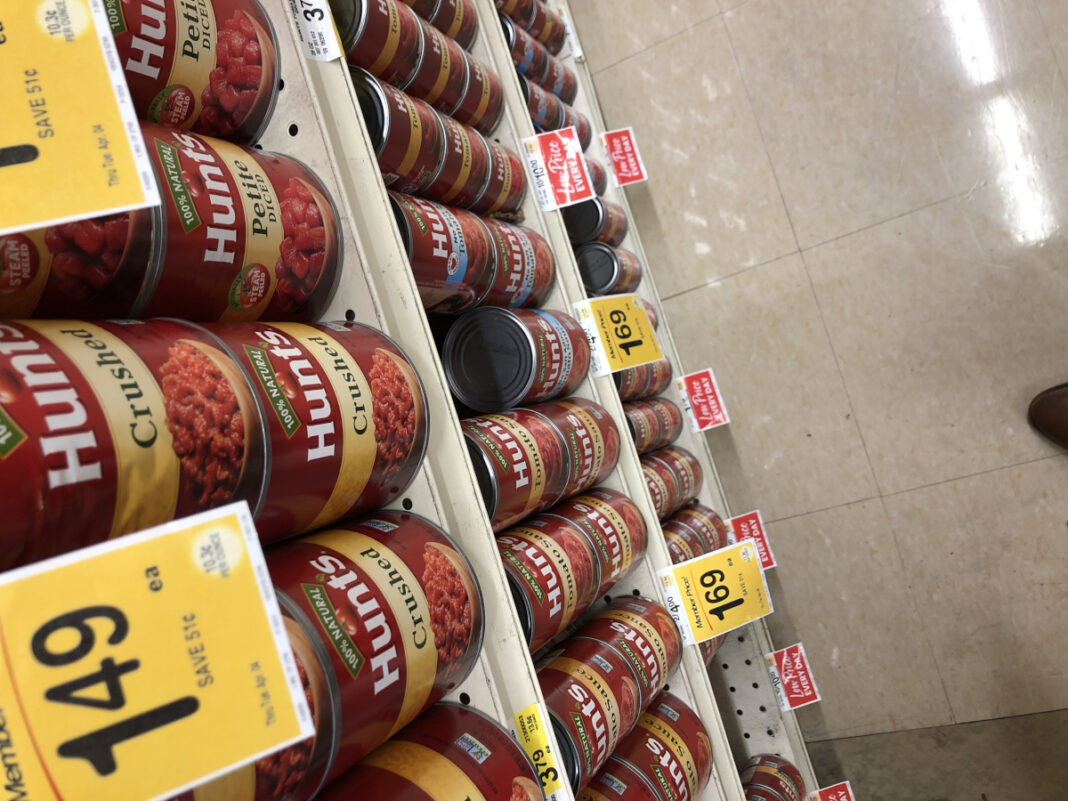UNITED STATES—Delaney reassured the workers from the start. He started with the workers, and lifted their spirits by convincing them change was on the way. Unlike the business captains that take command of companies heavy with bureaucracy and red tapeworms, he eschewed working at company headquarters. Sam knew better than that. Keep moving was his motto, get out in the field. It was the people in the do rather than the know that Sam Delaney sought out, he did not cozy up with reports (at least not in company of others but in the light of midnight oil) now seeks the company of accountants, no sir.
“What are you going to do, Sam? Things are a mess here,” said Hiram Dingwall. Three things, substance, style and subtext. Grating his vocal chords was not Sam’s style; he could be quiet and the black eye could rage, smolder like coal, but this wasn’t the time for that, either; he turned on the bonhomie while on a roadtrip. Like a Satrap of the Persian Empire, telling everyone up front that a three-week tour of the banana plantations was coming up.
“I’m not delighted,” Rebecca said in her sigh. She really thought they were over this kind of gypsy stuff and the long absences from New Orleans.
“Darling this will be only three weeks, I promise you. Sweetie, I have to set foot myself on every province where the Company has land, check out the ports and the railroads. Gotta talk to the men in the railroads and the fields.”
“Oh Sam,” Rebecca said, “Remember the belle epoque when all the fashionable young men smoked cigars. You already had to see for yourself. You had the tobacconist open up the box every time. You have to see for yourself.”
“I once got a box with worms it. That will set you for life.”
With New Orleans shrouded in fog and purple with rains, Sam went to the Thalia Street Wharf. He went aboard his ship with a single piece of calfskin luggage, which reflected his wealth and means more than any other aspect.
“Adios,” he said. “Don’s say goodbye. Say Adiós: to God…”
The tears in Rebecca eyes glinted in from the wharf lamps. This would be Sam’s first time in Bananaland in a long time. Calvin Coolidge had been President the last time he’d been here. Soon the three-week trip turned into six weeks and then nine. Sam felt chagrinned. Still, he thought where do we get with being nice people and all boring, much farther and faster with a ruthless question, cutting the chase to the truth, wallow in truth and, above all, listen.
“You should be proud of yourself. You got out of the business at just the right time and retired. Now you go back Sam, you got the whole maguillah. You’re an uncrowned head of state.”
He threw it off with a shrug, boarding the plank to the White Fleet’s Mobile. Once Sam set foot in Bananaland, he owned everything as far as the mountain, and then after than owned all the eye could see. The Company had as much as an industrialized potentate. Millions of acres planted with bananas, and millions more uncultivated –insurance as they played cat and mouse with the plant fungus—hospitals, schools, thousands of miles of roads and highways, electricity generating stations, power plants, glass hothouses, gold courses, bowling alleways, warehouses, miles and miles of highways, wharves and piers and train depots.
“There’s a lot to see,” he called Rebecca long distance from San Pedro Sula. (He eschewed Lima and made stops in Honduras, Guatemala, Colombia, Panama, Nicaragua, El Salvador, Costa Rica and Cuba, all the islands too, part out of pleasure like Roatan and Utila.
“I don’t know how you do it, Sam,” said one of the old hands at Allied Fruit.
“I must be a jungle rat,” he said.
“It must be something,” slapping on the back, assuring. “All that standing on the head has done something for you. Making you impervious to heat and humidity.”
He strolled in the torrid zones, stood in the fields and eyes ranged over all, he strolled through the towns, drank in the bars, blending right in in mud-caked boots and khaki pants. Just another one of the managers, casual, any more casual he would’ve been invisible. He eyed new bars that would be good to come back to both to drink and fill his ears with intel.
Time and money, money and time. They don’t exist, Sam as well as all the mystics knew it for a fact, and he was no mystic. They go away in a poof, like the rabbit in a magician’s hat, smoke rings in the wind. Nothing remains. It wasn’t for the love of money that you would make a dogged tour of the banana lands, like this, no. It was out of respect for the life force and gumption that enabled Sam to create all that. That was the righteous cause, he owed it not to himself, but to the blood, sweat and tears, his and that of all the others, that blew the winds of fortune his way.
This was for them, not for him. They could say and think whatever the heck they wanted to about his greed and drive. It was a big lie, and Sam let them believe it.
To be continued…
Grady is the Wizard of Fiction.






